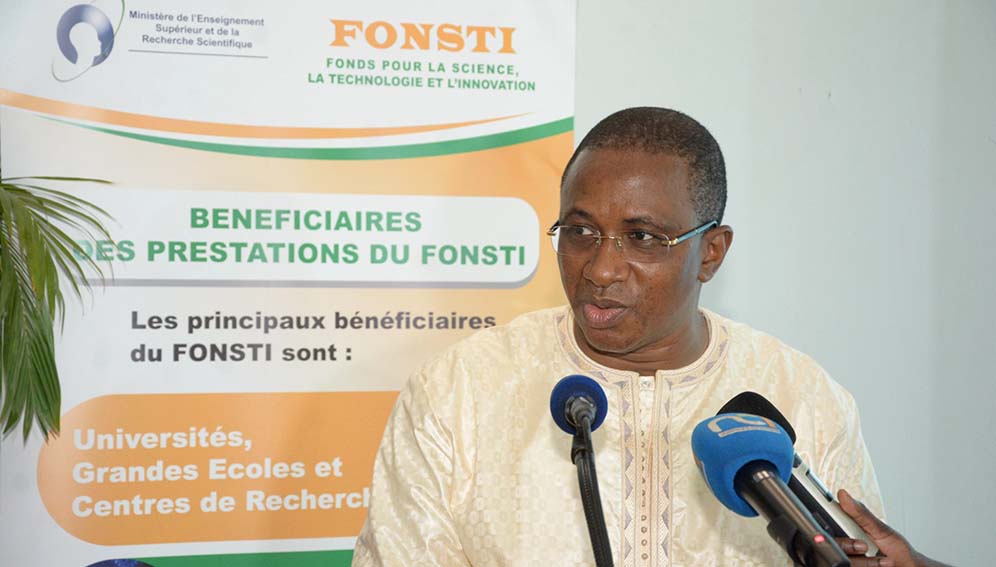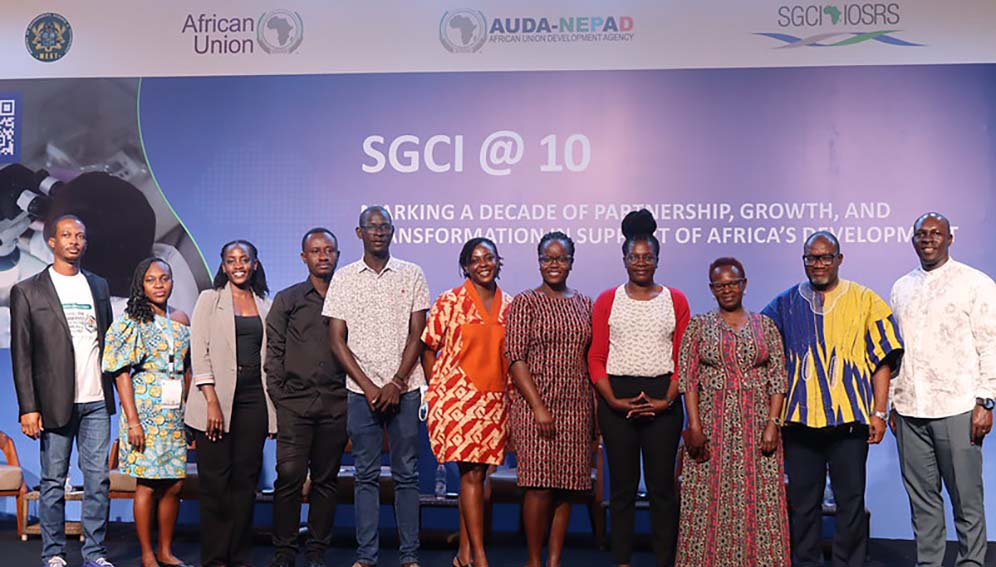SGCI News
[LAGOS] A team of five Nigerian researchers have developed an innovative solution called AirVolt, designed to harness wind energy to generate sustainable electricity for rural communities in northern Nigeria. These…
[LAGOS] A team of five Nigerian researchers have developed an innovative solution called AirVolt, designed to harness wind energy to generate sustainable electricity for rural communities in northern Nigeria.
These areas, often disconnected from the national grid, face significant challenges in accessing essential services such as healthcare, due to unreliable power.
Nigeria’s energy landscape has long been dominated by fossil fuels, which account for the majority of the country’s power generation.
But there is huge potential in the country for wind energy, which is cost-efficient and sustainable and, according to the International Energy Agency, offers one of the most promising options for renewable energy growth.
Abdulsalam Galadima, a researcher from Ahmadu Bello University, Zaria, in Nigeria’s Kaduna State and a member of the AirVolt team, said: “Our team did some brainstorming and discovered that we could harness the wind energy with vertical axis wind turbines.”
Most wind turbines are horizontal-axis and need to point in the wind’s direction. But the AirVolt’s vertical-axis turbines can capture wind energy from any direction, making them more stable and easier to install and maintain, he explained.
The design of these vertical-axis turbines is particularly suited to the challenges faced in northern Nigeria, where wind speeds can be unpredictable – one reason why energy is underutilised in the country.
Galadima explained that the turbines can operate efficiently even in regions with low wind speeds, due to their ability to capture wind from all directions.
When wind comes into contact with the blades attached to a vertical rotor, it causes the rotor to spin, generating kinetic energy.
This kinetic energy can then be converted into electricity through a generator, providing a reliable and renewable source of power.
Challenges in rural Nigeria
The absence of reliable electricity in many rural communities in northern Nigeria has far-reaching consequences, particularly in the health sector.
Healthcare facilities struggle to store vaccines, operate essential medical equipment, or provide consistent care to patients.
“There are issues with delivering healthcare to people in Nigeria’s rural communities due to lack of power,” Galadima said.
“In many rural places in northern Nigeria, they are cut off from the national grid because of the difficult terrain.”
This lack of power contributes to higher mortality rates, particularly among vulnerable populations such as children and pregnant women.
Real-world impact
The team developed AirVolt in February this year. AirVolt was one of four innovations awarded a US$250,000 grant on 24 June by the Science Granting Councils Initiative (SGCI), which supports research and development across Africa.
The grant was secured after the team’s success at the Research for Impact (R4i) initiative in February, organised by Nigeria’s Tertiary Education Trust Fund (TETFund).
The initiative aims to empower researchers to transform their research findings into innovative solutions to real-world problems. It helps researchers commercialise their innovations and ensure that their work has a tangible impact on society.
TETFund, a Nigerian government agency, is responsible for funding higher education and supporting research initiatives in the country and is one of the council members of SGCI.
Hadiza Ismail, deputy director of the TETFund Research and Development Centre, highlighted the importance of this initiative.
“The R4i initiative is an exposure course that allows researchers to commercialise their research by showing them a systematic approach to identify societal needs and tailor their research towards them,” she said.
“We want them to work with technical partners to get proper mentorship and go through the process of creating prototypes and product commercialisation.”
From research to market
Galadima emphasised the importance of the SGCI grant in overcoming the funding barriers that often prevent research from reaching the market.
“Most research work ends up on the shelf in the laboratory due to a lack of funding, so we are grateful to the SGCI for the grant. It is not just going to help the researchers, but it will also make a huge impact on society,” he said.
The grant funding should support the AirVolt team in developing their project into a commercially viable product by the end of 2024.
The goal is to provide a reliable source of electricity to rural communities, particularly for healthcare facilities that currently struggle to operate without power.
Nicholas Odongo, a research fellow at the African Centre for Technology Studies, in Nairobi, Kenya, and one of SGCI’s collaborating technical partners, says supporting research that contributes to the economy is important.
“The actual uptake of innovations and research and development outputs from universities and research institutions is low and therefore the application of [science, technology and innovation] to impact the economy is minimal,” he said.
Article written by: Jesusegun Alagbe
Related News
The FONSTI mag: A new era for science storytelling in Côte d’Ivoire
Effective research communication is central to ensuring that science informs policy, reaches communities, and inspires the next generation of scientists. Science Granting Councils Initiative (SGCI), members are increasingly experimenting with creative, people-centred ways of making research more visible, accessible, and relevant beyond academic circles and…
Advancing STI systems through Kenya’s silicon savannah
The National Research Fund (NRF) leadership, last week, joined the principal secretary of the State Department for Science, Research and Innovation, Haukat Abdulrazak, on a strategic visit to Konza Technopolis, Kenya’s flagship innovation ecosystem and a cornerstone of the country’s ambition to become a knowledge-based…
SGCI 2026: Strengthening science granting councils for leadership
As African countries confront increasingly complex development challenges ranging from climate change and health security to food systems, digital transformation, and economic diversification, the need for strong, responsive national science funding institutions has never been more urgent. Science granting councils sit at the centre of…
SGCI funded projects
Rwanda’s integrated approach to sustainable agriculture and nutrition
Project Titles & Institution Areas of Research Number of Projects being funded Project Duration Grant Amount In-Kind Distribution Council Collaboration with other councils




